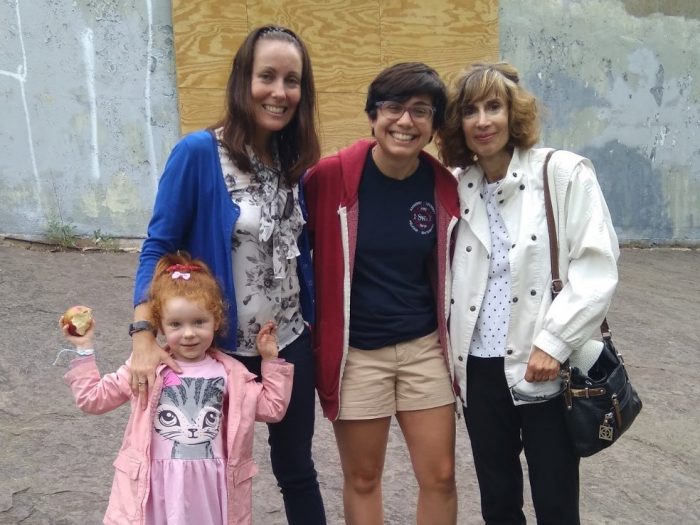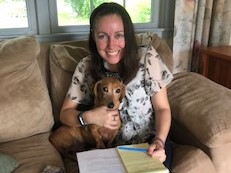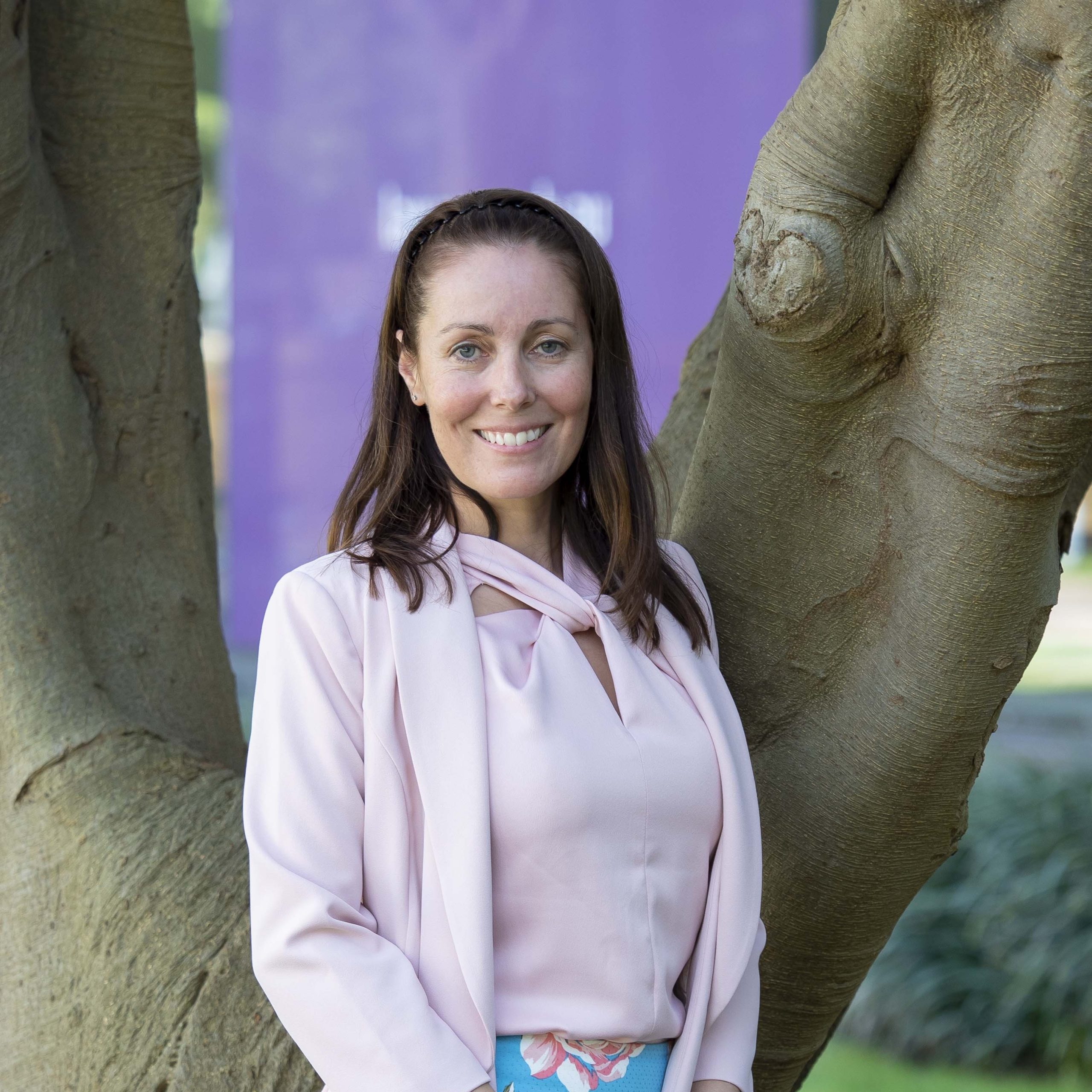Voices from the Sylff Community
Jul 27, 2020
Action to Address a Stakeholder-Identified Need: Development of a Questionnaire to Improve Resolution after Medical Injury
Associate Professor Jennifer Moore, a former Sylff fellow at Massey University in New Zealand, implemented a research project to assess the needs of injured patients and their families after medical injury with funding from Sylff Leadership Initiatives (SLI) from January 2019 to April 2020. The survey tool she developed and refined throughout the project is expected to facilitate better and happier reconciliation processes between healthcare organizations and injured patients and families after medical injury.
* * *
“I wish there had been a questionnaire like this that was given to me after the hospital injured me! I recently had a hip replacement, and the provider posted a survey to me. It was so bad that I didn’t complete it. I thought, ‘Do these people have common sense? What does this mean?’ I wonder if they didn’t do what you are doing and [trial] the survey with the actual patients. I think it is so important to actually trial test it on patients first.” (Injured patient from New Zealand, comments during a cognitive interview, January 2019. The word in brackets in the quotation was edited by the author).
Introduction
This project was the first to attempt to develop a questionnaire to assess injured patients’ and families’ needs after medical injury. We pretested a draft version of the questionnaire with injured patients and families in New Zealand and the United States. In the quotation above, the injured patient highlights the importance of pretesting questionnaires to increase the likelihood that it will be an effective tool.
Medical injury is unexpected harm caused by medical care. After heart disease and cancer, medical injuries have been identified as the third leading cause of death in the United States; this conclusion is consistent with findings from research undertaken in other countries, such as Canada, Japan, and New Zealand, and these statistics have generated calls for “greater attention” to medical injury because of the scale of this global issue.[1] An additional well-documented issue is that healthcare institutions’ responses to medical injuries, particularly their attempts at resolution, frequently fail to meet patients’ expectations and needs.[2] The literature also highlights that poor responses from healthcare organizations exacerbate the psychological, physical, and financial effects of medical injuries.[3]
During my recent research about the resolution of medical injury, the key stakeholders and participants identified another important social problem that requires action. Most healthcare organizations are interested in doing a better job of meeting injured patients’ and families’ emotional, informational, and practical needs after medical injury but currently lack tools to evaluate how well they met those goals.

Jennifer with her daughter Rebecca and two research participants
Research Objective, Methods, and Dissemination
Therefore, this project’s key objective was to address that gap, and stakeholder-identified need, by developing a questionnaire that healthcare organizations can use to assess how well they met the needs of patients who suffered medical injuries during their care. To develop the questionnaire, we undertook the following steps.
- We designed a draft version of what we call the Medical Injury Reconciliation Experiences Survey (MIRES). This draft was based on findings from our two previous studies of injured patients’ experiences of nonlitigation approaches to resolving medical injuries.
- We performed a content analysis of transcripts from a stratified random sample of interviews conducted with injured patients in New Zealand and the United States in 2015–16.
- We extracted themes describing what is important to patients following medical injury and developed a draft questionnaire with question domains and items corresponding to these themes.
- We revised the draft questionnaire following review and feedback from expert clinicians, risk managers, and patient advocates.
- We pilot tested the revised questionnaire on a sample of 24 injured patients and family members in the United States and New Zealand, conducting cognitive debriefing interviews focused on the comprehensibility and completeness of the questionnaire.
- We further revised the instrument based on this feedback. Thirty-seven revisions were made in response to their suggestions.
- We traveled to New Zealand to disseminate and implement the questionnaire to key stakeholders in New Zealand, such as district health boards' public hospitals, the Ministry of Health, the Accident Compensation Corporation, and the patient advocacy group Acclaim. I traveled around New Zealand (particularly Christchurch, Dunedin, and Wellington) to meet with representatives from the key stakeholder organizations to explain the questionnaire to them and to discuss how best to implement it in their organization.
- We are in regular, ongoing contact with the representatives of the key stakeholder organizations in New Zealand to answer their questions about the questionnaire and to ask about their initial experiences using it.
- We submitted a paper to an academic journal that reports the results of the survey development.
- After the COVID-19 travel bans are lifted, we will travel to New Zealand again at the stakeholders’ request to discuss implementation progress and to undertake any further edits to the questionnaire that may be required.
- Once the COVID-19 travel bans are lifted, I will also travel to the United States again to discuss implementation progress at the participating hospitals. The intention was to visit the United States in May 2019, but that trip was canceled because of COVID-19. (Sylff funded the New Zealand part of the project, not the US part. We are very grateful to Sylff for their support.)
Once our research paper is accepted, it will be important to disseminate the paper, because our project is the first to attempt to develop a questionnaire to assess injured patients’ needs after medical injury. Further research could use our questionnaire to undertake a full validation study.
The final version of the questionnaire included the following domains:
- perceptions of communications with healthcare providers after the injury (11 items);
- perceptions of remedial gestures, such as apology and compensation (12 items);
- indicia of the patient’s overall satisfaction with the reconciliation process (3 items);
- the nature and impacts of the injury (5 items); and
- characteristics of the patient (5 items).
Conclusion

Jennifer with a patient's research participant's puppy during the cognitive debriefing interview about the draft questionnaire.
Injured patients and their families expressed the view that they appreciated the opportunity to assist with the survey design process. The survey was feasible to administer with pencil and paper, taking around 10 minutes to complete. The MIRES appears to be comprehensible and acceptable to patients and offers a practicable means by which healthcare organizations can assess how well their reconciliation processes are meeting injured patients’ needs. One of the US patients who participated in this project observed that the “questionnaire has the power to help so many other patients like me.”
[1] Martin Makary and Michael Daniel, “Medical Error—The Third Leading Cause of Death in the US,” British Medical Journal 353 (May 2016): 2139, https://doi.org/10.1136/bmj.i2139.
[2] Frederick S. Southwick et al., “A Patient-Initiated Voluntary Online Survey of Adverse Medical Events: The Perspective of 696 Injured Patients and Families,” BMJ Quality and Safety 24, no. 10 (October 2015): 620–29.
[3] Elaine O’Connor et al., “Disclosure of Patient Safety Incidents: A Comprehensive Review,” International Journal of Quality in Health Care 22, no. 5 (October 2010): 371–79.
